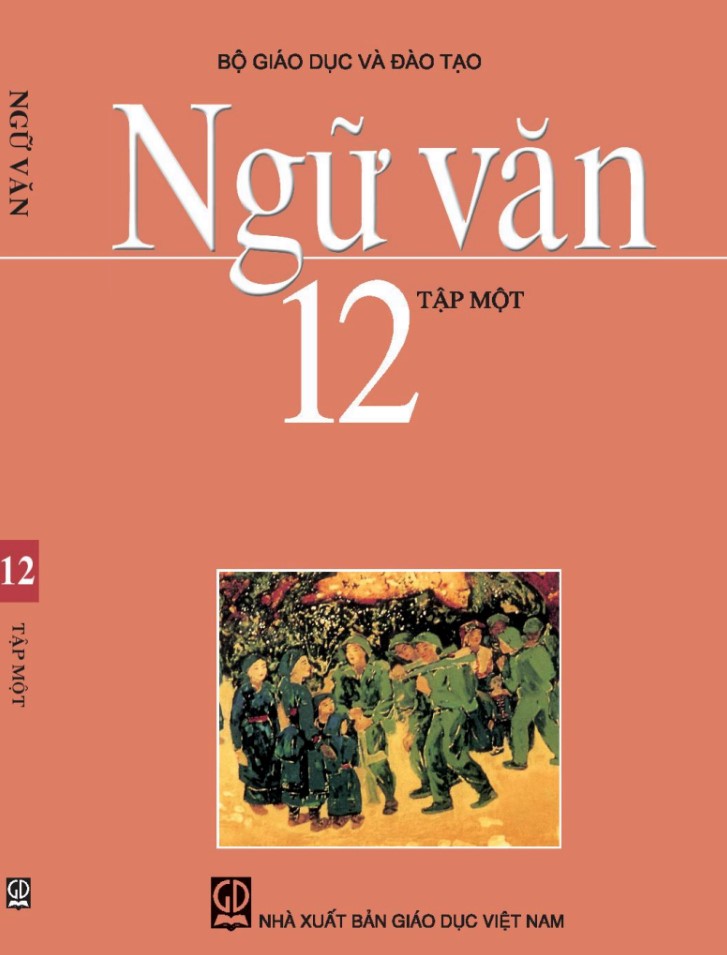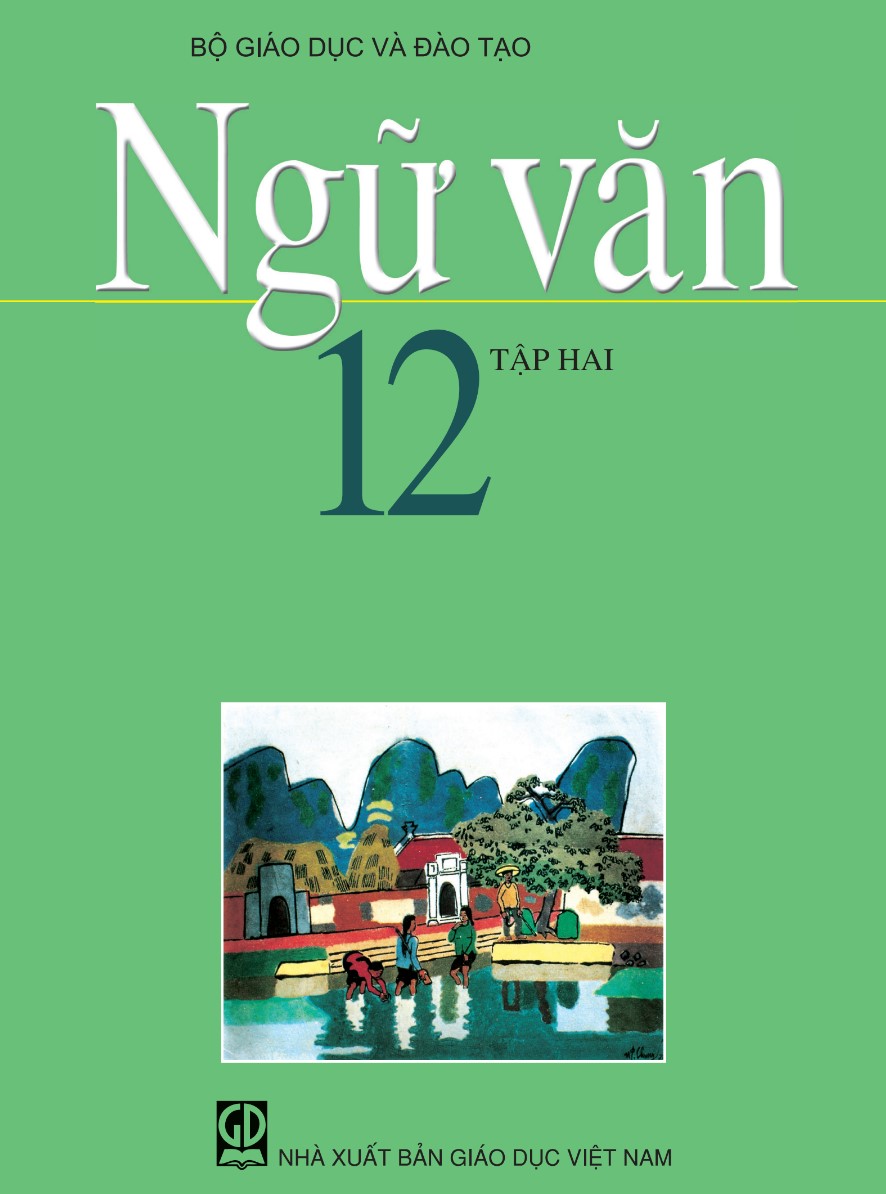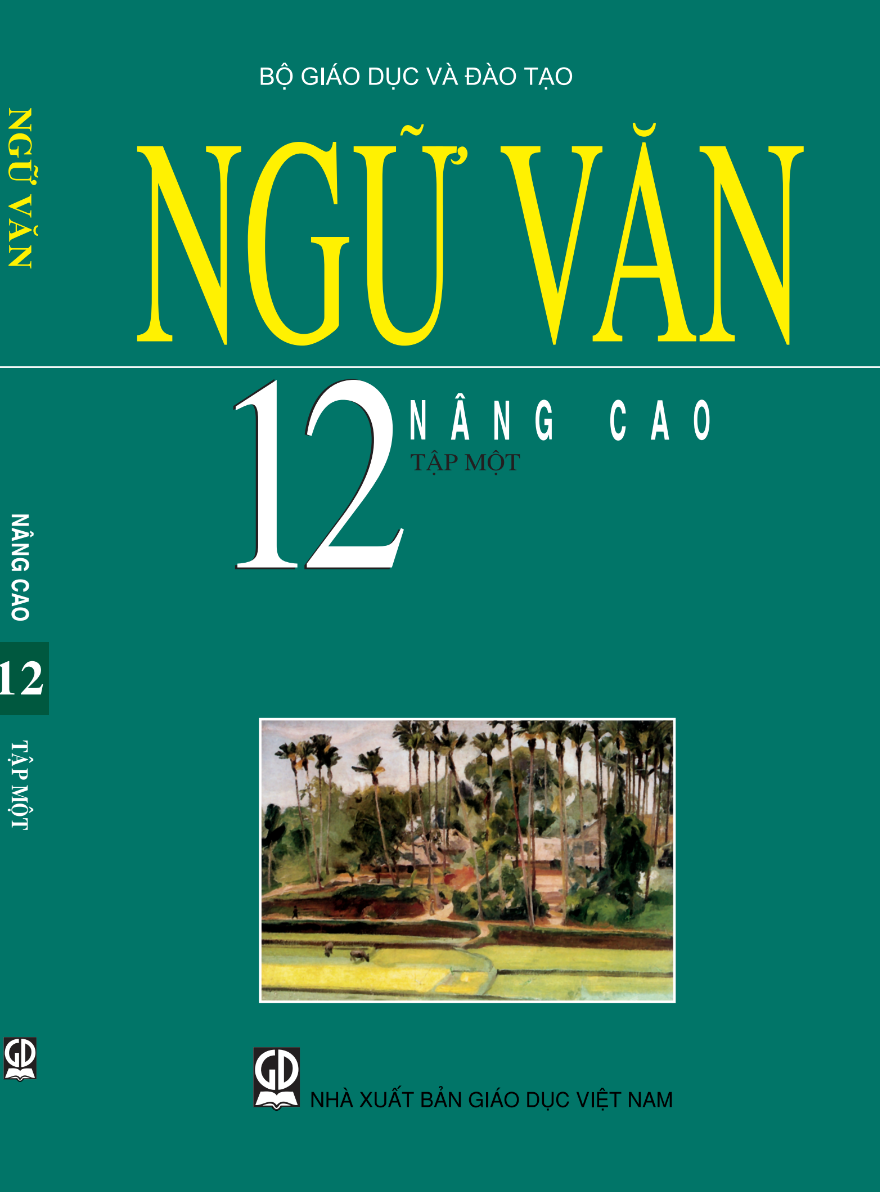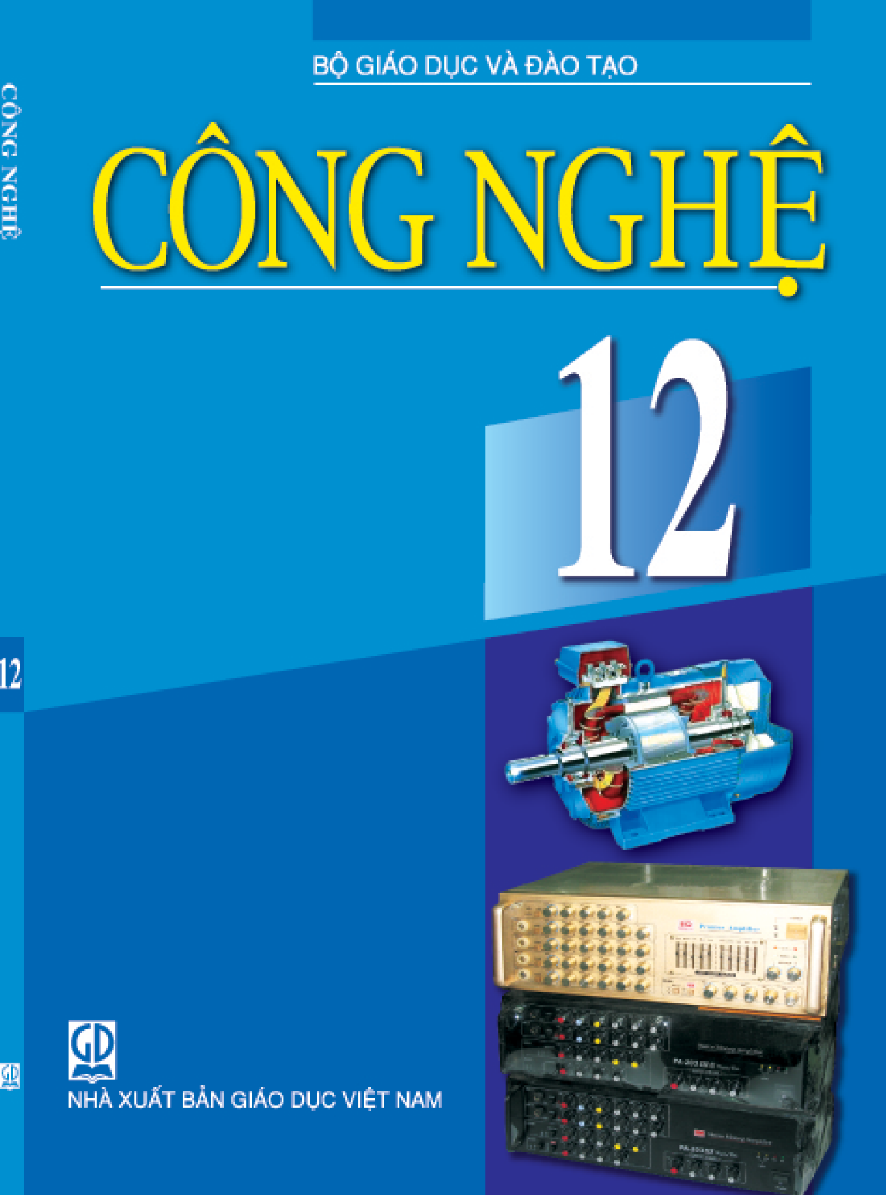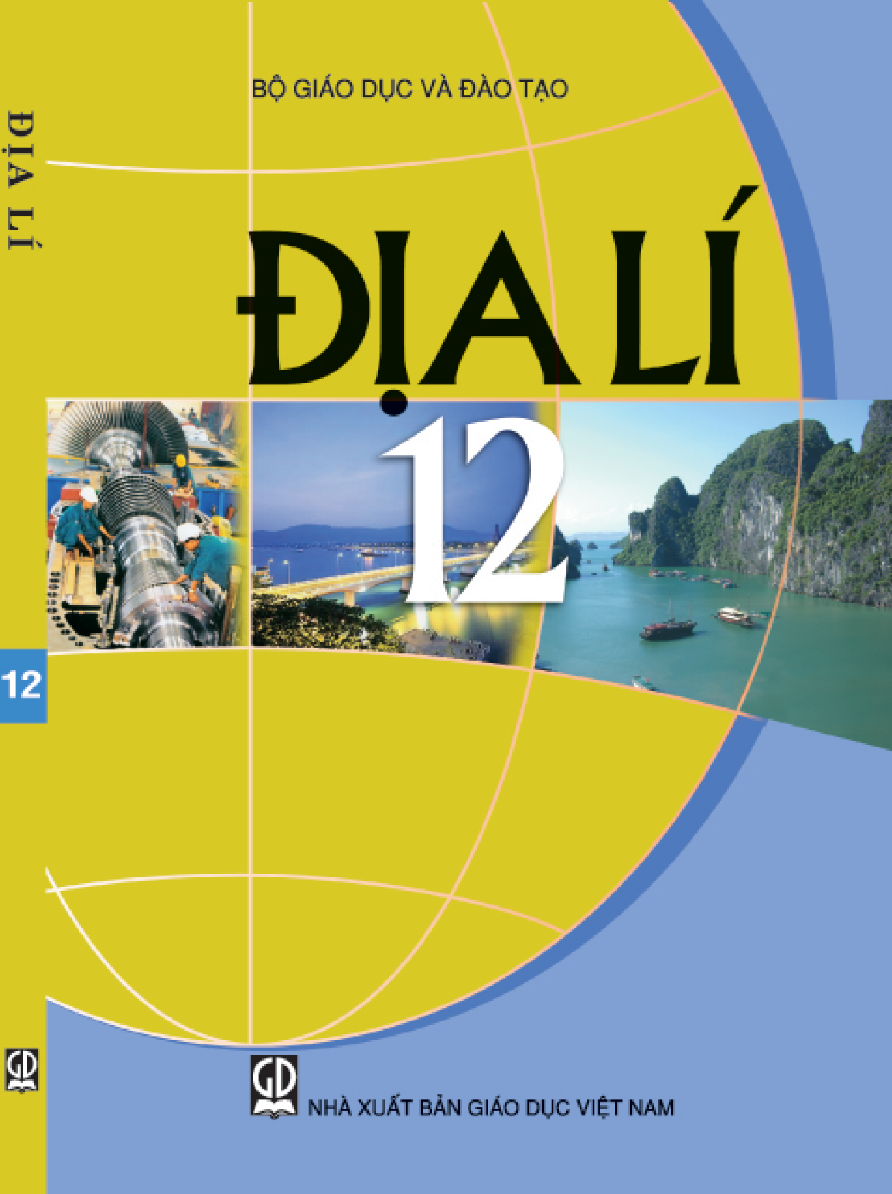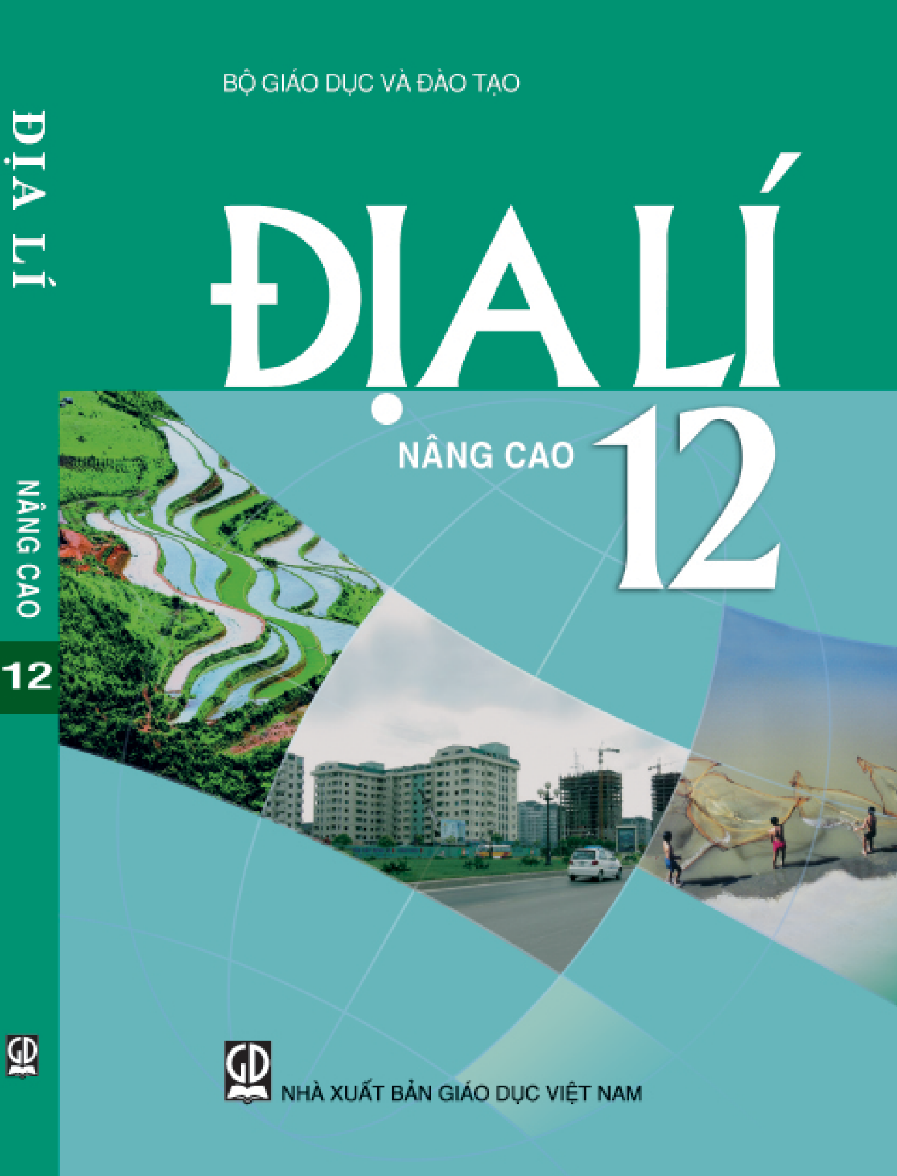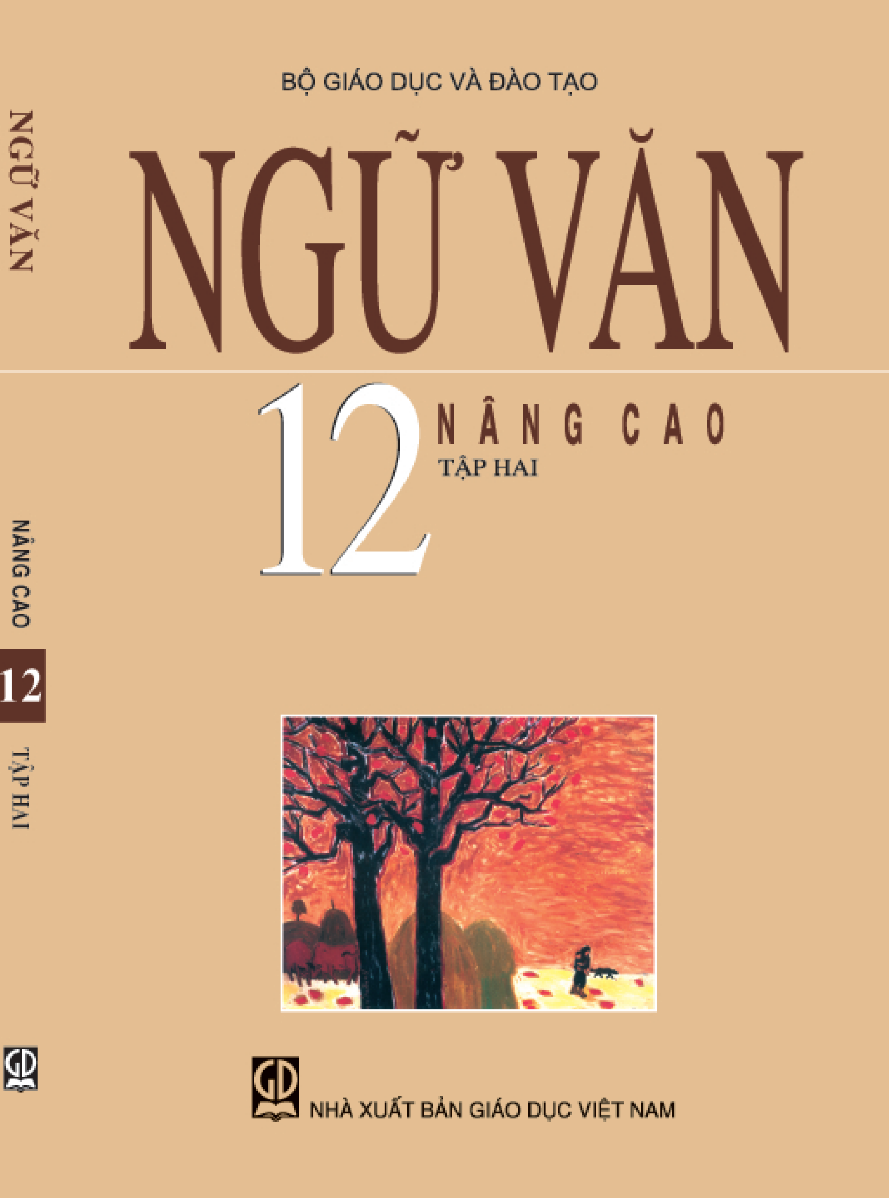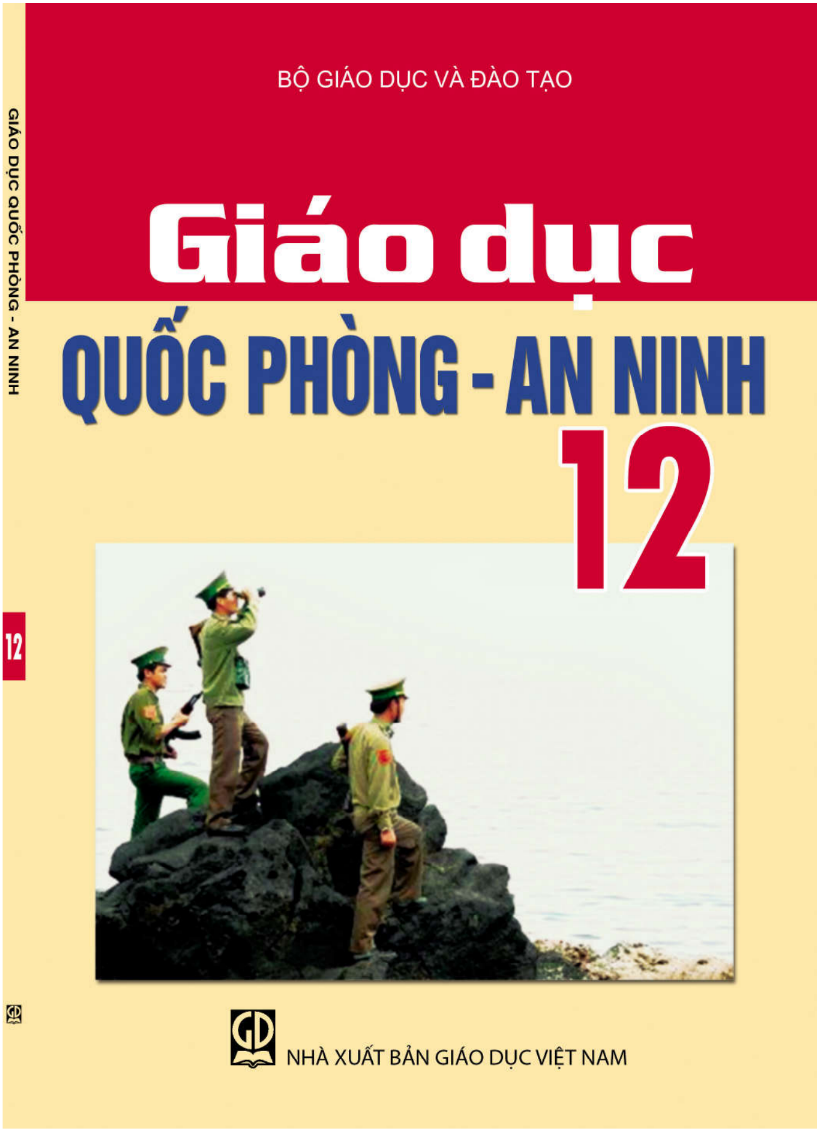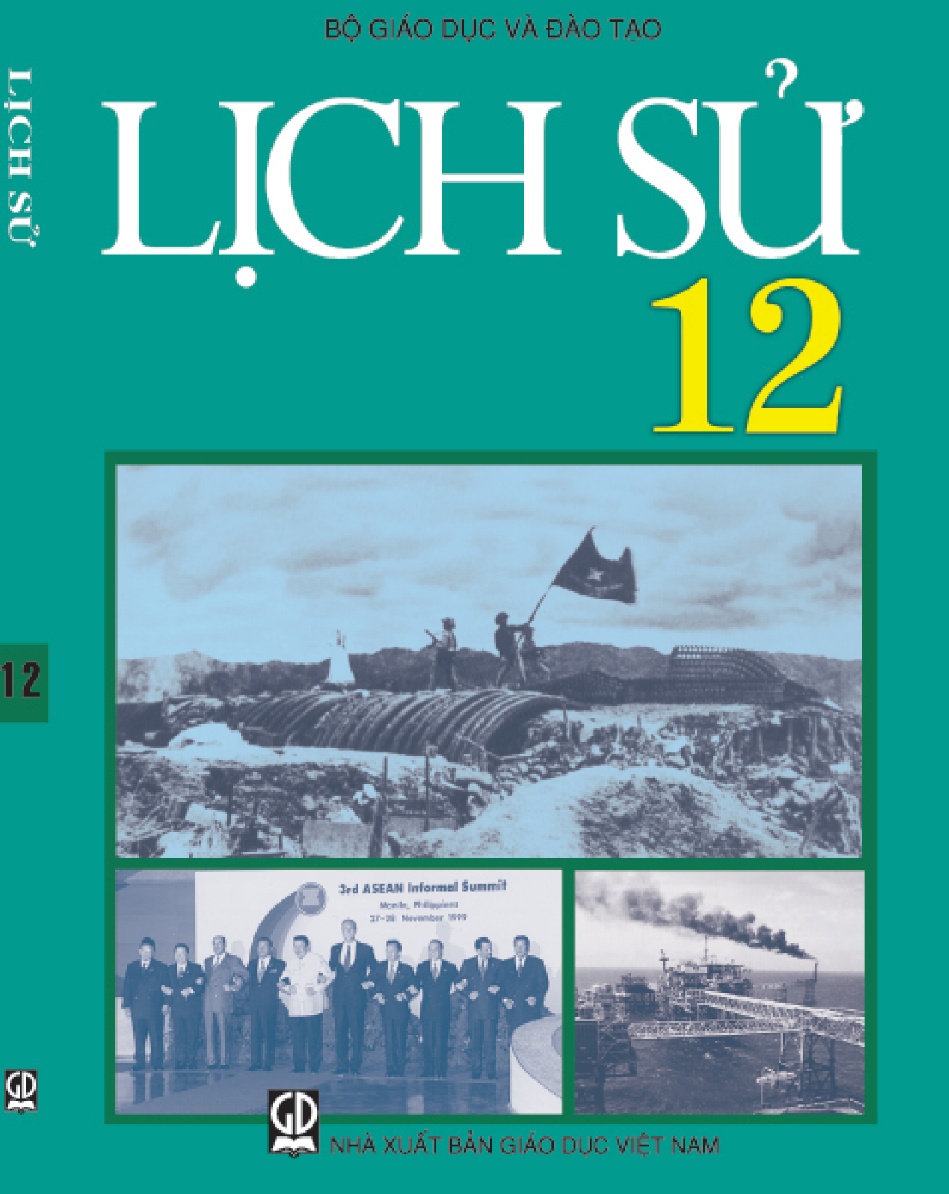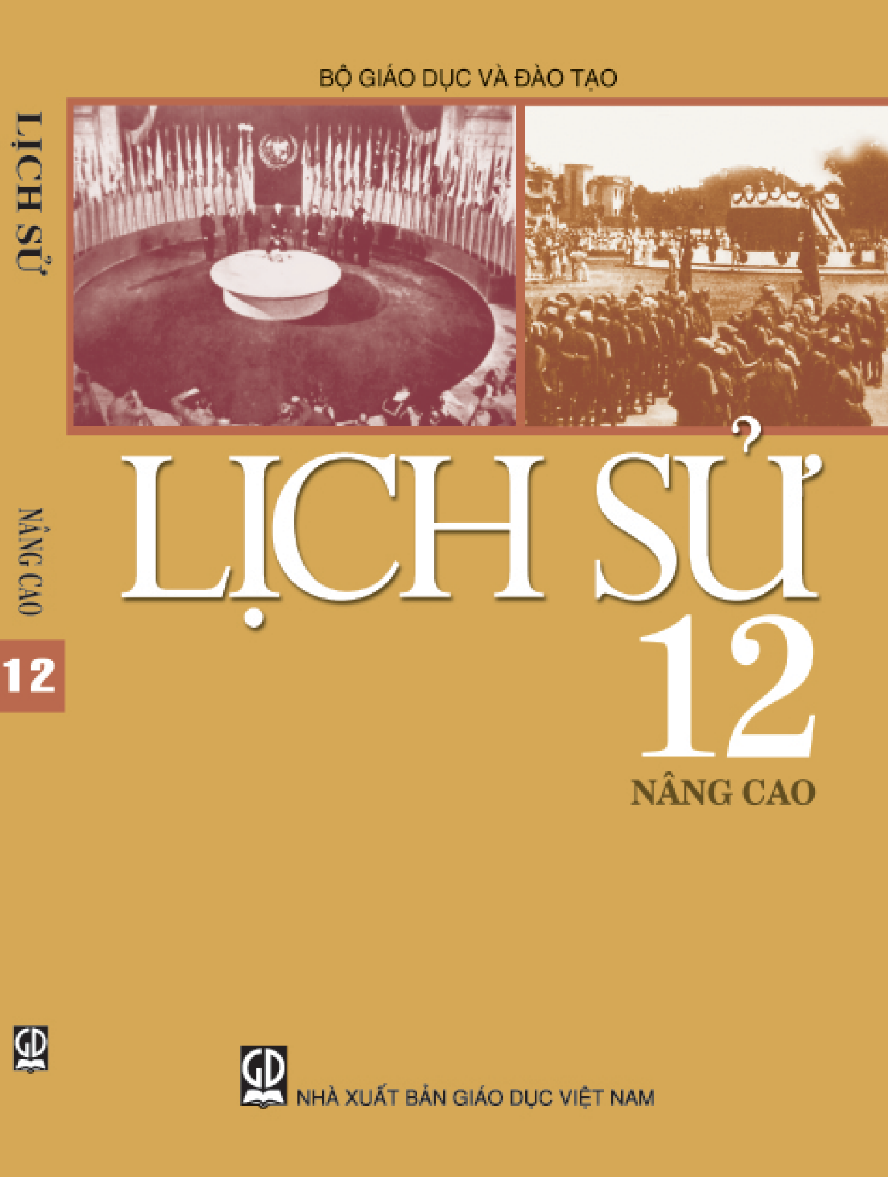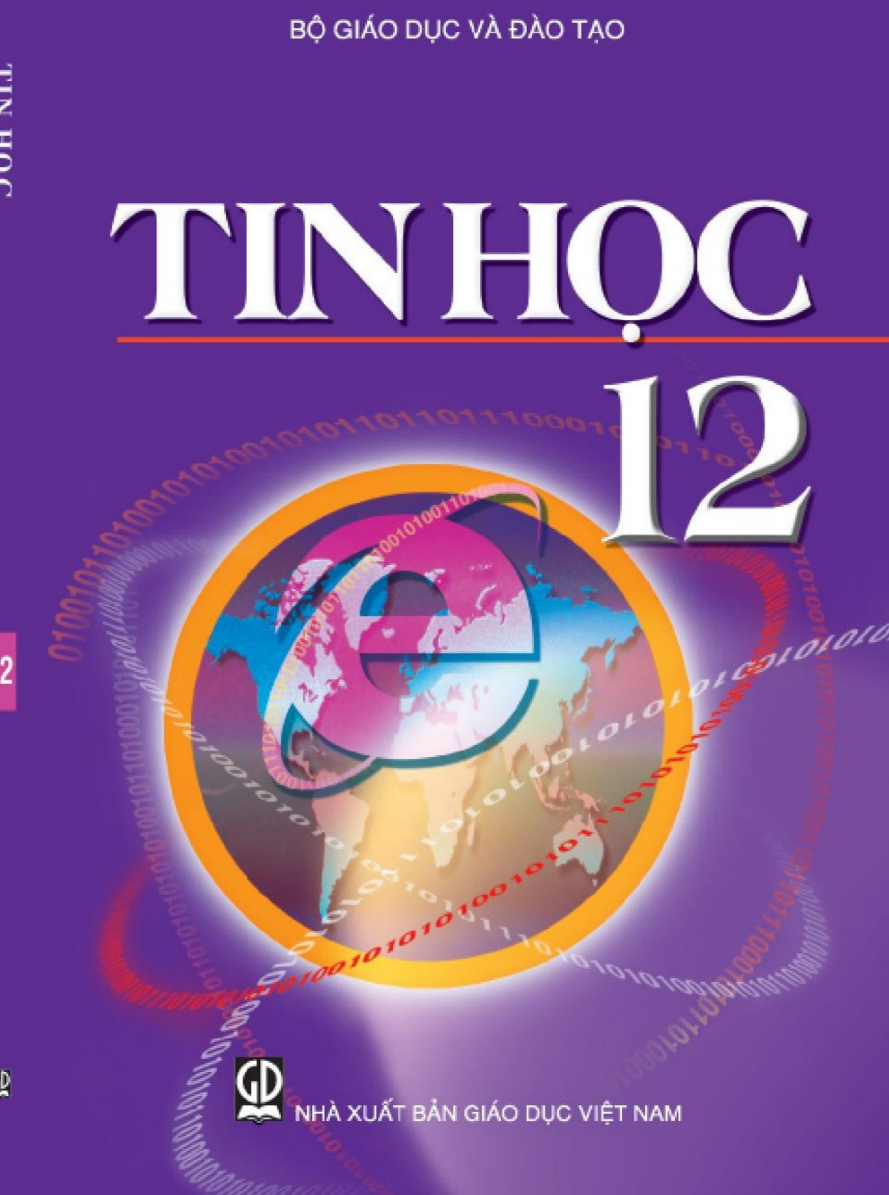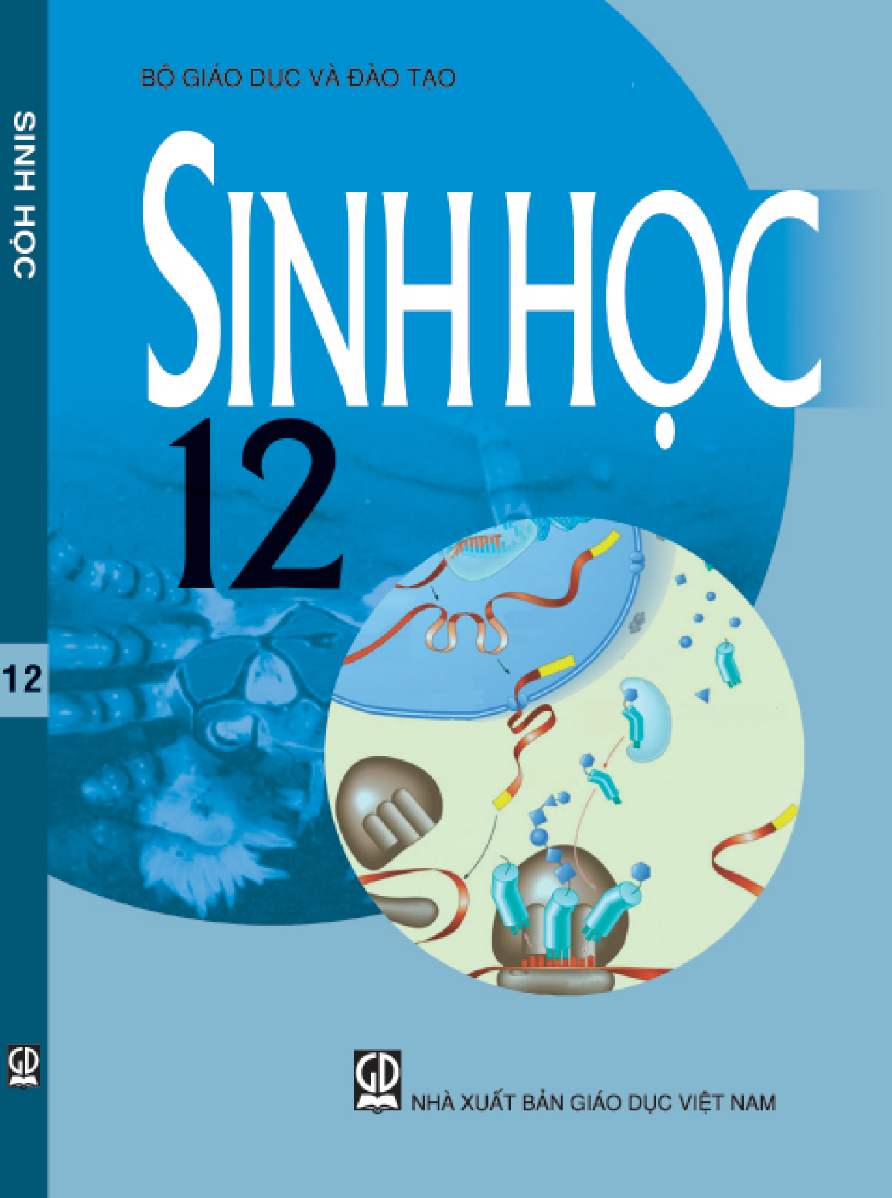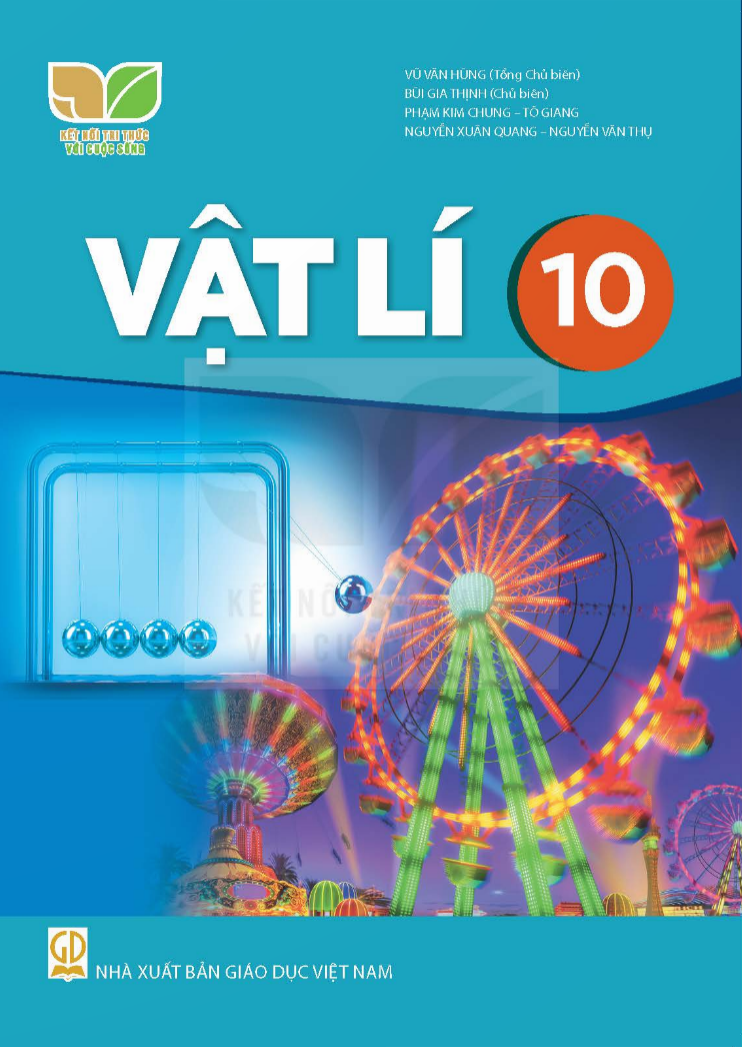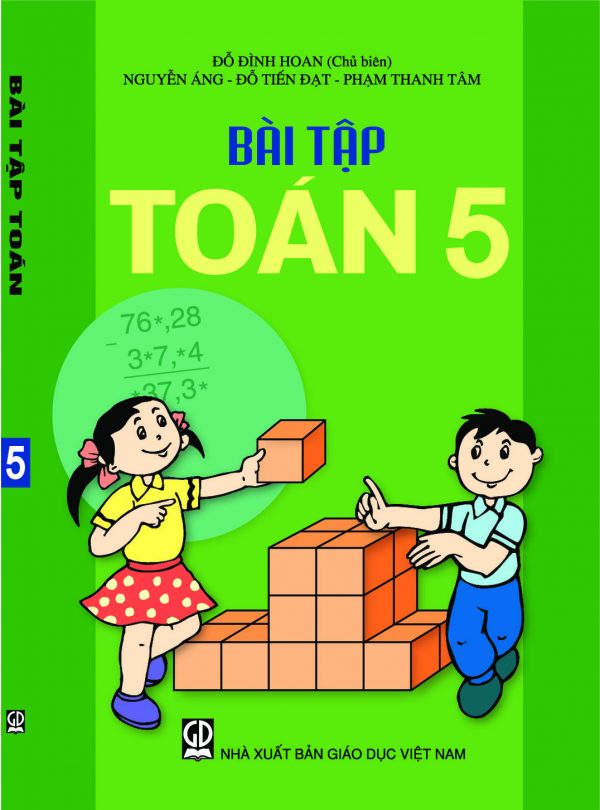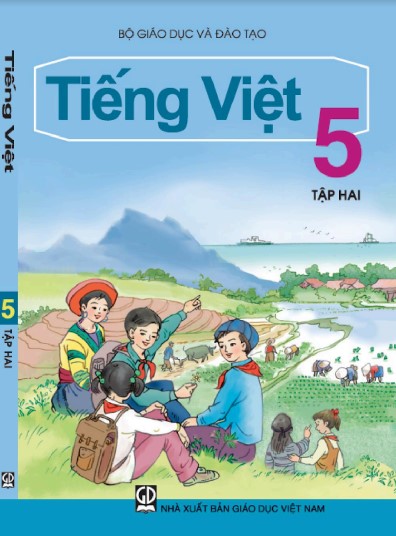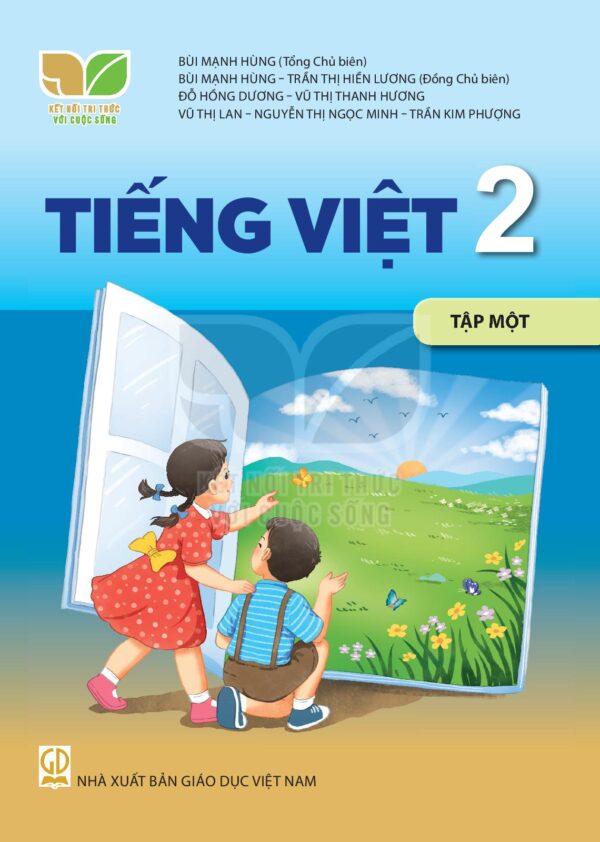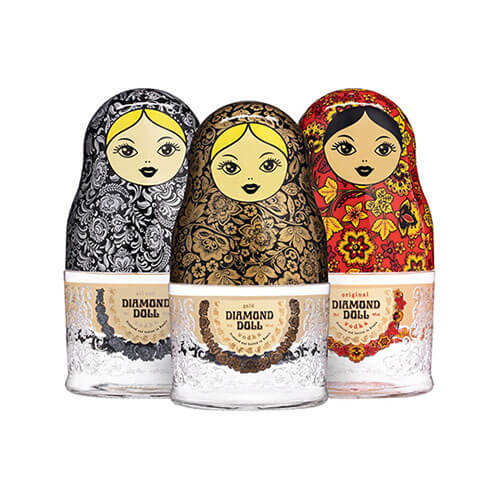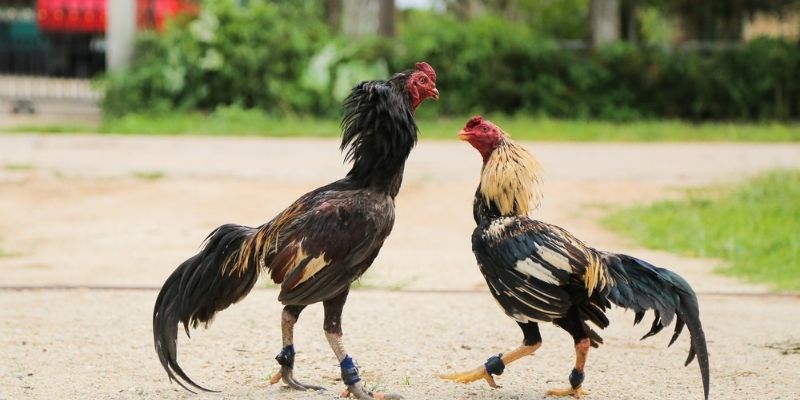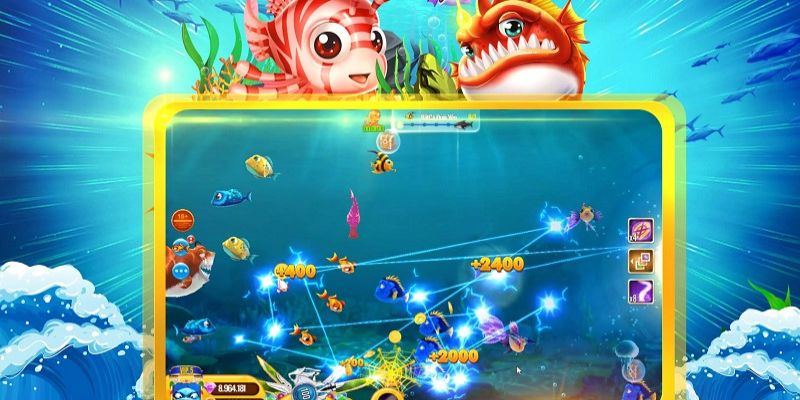(Page 21)
II. LANGUAGE
Pronunciation
Diphthongs /ɔɪ/, /aɪ/, and /aʊ/ 1. Listen and repeat. Then practise saying the words. 🎧
| /ɔɪ/ | /aɪ/ | /aʊ/ |
| join | spicy | crowded |
| enjoy | buy | around |
2. Work in pairs. Underline the words that contain the /ɔɪ/, /aɪ/, and /aʊ/ sounds. Listen and check. Then practise saying the sentences.
1. Joyce feels so proud to be a top designer.
2. The country's identity as a separate nation was never destroyed.
3. Mike and Diana came to the fair to enjoy food from around the world.
4. A noisy crowd cheered as the band finally appeared on stage.
(Page 22)
Vocabulary
Cultural diversity
1. Match the words with their meanings.
| 1. origin (n) | the state of being liked or supported by many people |
| 2. popularity (n) | the activities that are organised to celebrate a special event |
| 3. identity (n) | the moment or place where something starts to exist |
| 4. festivities (n) | a general direction in which a situation is changing |
| 5. trend (n) | the characteristics or beliefs that make people different from others |
2. Complete the sentences using the correct forms of the words in 1.
1. Language is considered the most important feature of a nation's _____
2. Most New Year's _____ begin on 31 December.
3. The _____ of that custom is still a mystery to local people.
4. This article discusses current _____ in fashion styles among young people.
5. The _____ of cycling among young people has increased.
Grammar
Articles (review and extension)
💡 Remember!
There are two types of articles in English: indefinite (a/an) and definite (the).
• We use the indefinite articles a and an before singular, countable nouns when the reader or the listener does not know which one weare referring to.
Example: I want to buy a souvenir.
• We use the definite article the before singular or plural nouns when we think that the reader or the listener knows what we are referring to because of the following:
- there is only one in general or only one in that context.
Example: The sun rises in the east.
- it has already been mentioned.
Example: A boy lost a watch. A woman found the watch and returned it to the boy.
- we refer to a musical instrument.
Example: I'm learning to play the piano.
• We also use the definite article the with:
- countries whose names include words like kingdom or state, or countries which have plural nouns as their names.
Example: the UK (the United Kingdom), the US (the United States of America), the Philippines
- oceans, seas, mountain ranges, etc.
Example: The Pacific is the largest of all oceans.
• We do not need an article with plural, countable nouns or uncountable nouns which are used in a generic or non-specific way.
Example: Tigers are endangered animals.
(Page 23)
1. Circle the correct answer to complete each of the sentences.
1. One of the most common traditions during the Mid-Autumn Festival is admiring full moon/ the full moon.
2. Charles Lindbergh was the first person to fly solo across Atlantic/the Atlantic.
3. The Vietnamese women/Vietnamese women usually wear ao dai on special occasions.
4. Many students experience culture shock when they go to study in US/the US.
5. My parents have never been to Rome/the Rome.
2. Work in pairs. Ask and answer questions about the following topics using the correct articles.

Musical instruments: Can you play the guitars?
Are you learning to play ...?
Countries: Have you ever been to the UK?
Would you like to travel to ...?
Seas, oceans, mountain ranges: Where are the Alps located?
Do you want to swim in ...?
Example: A: Can you play the guitar?
B: No, I can't, but I can play the piano.
